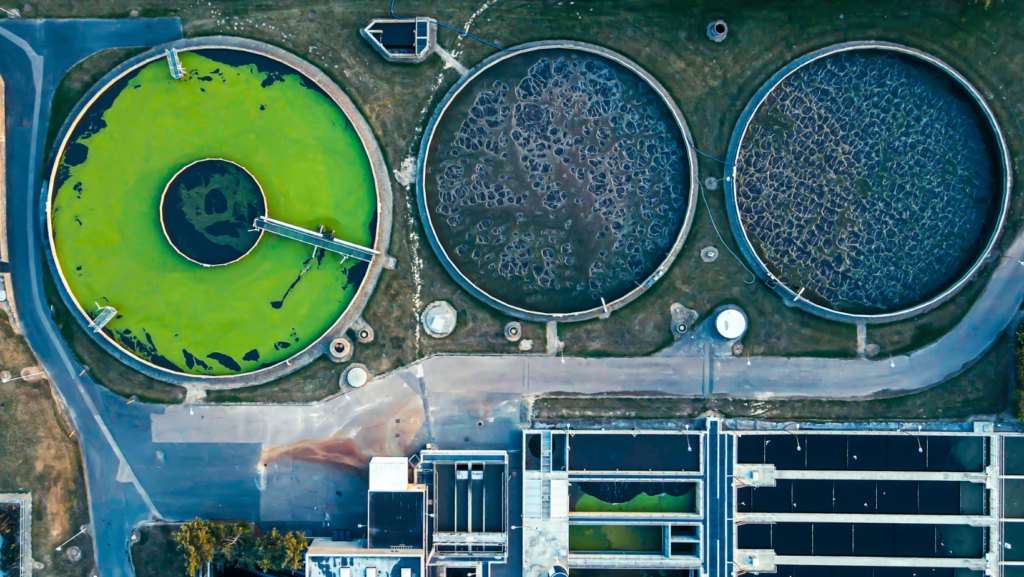This website uses cookies so that we can provide you with the best user experience possible. Cookie information is stored in your browser and performs functions such as recognising you when you return to our website and helping our team to understand which sections of the website you find most interesting and useful.
GLODOWSKA’S RESEARCH
Welcome to Dr. Martyna Glodowska Research Website
Radboud University, Nijmegen, The Netherlands
Department of Microbiology

About my research
We are currently facing several global crises such as ecosystem degradation, environmental pollution, and climate warming. These are the topics on which the future of our planet depends. Therefore, one of my research goals is to address these problems with all the tools and knowledge I gained so far.
My research interest focuses on microbially-driven processes in ecosystems affected by anthropogenic activities, their relevance to biogeochemical cycles, and contaminants’ and nutrients’ bio(trans)formation. I study how human activities (i.e. agricultural and industrial run-offs, wastewater discharge, industrialization) and geogenic contaminants contribute to ecosystem deterioration and how they drive the microbial community structure and function. Furthermore, in my research, I aim to find solutions to some of these problems via bioremediation, bioaugmentation, synthetic microbiology, or bioengineering. I believe that solutions to problems created by humans are already available in nature, we just need to find them, understand them, optimize them, and apply them to bioengineered systems.
Metal(loid)-dependent anaerobic methane oxidation

Anaerobic methane-oxidizing archaea (ANME-2) can couple oxidation of methane to the reduction of various electron acceptors such as sulfate, nitrate, iron, and manganese oxides. Sulfate-dependent anaerobic methane oxidation (S-DAMO) and nitrate-dependent anaerobic methane oxidation (N-DAMO) have been extensevly studied. Recently, evidence of metal(loid)-dependent anaerobic methane oxidation (M-DAMO) has been provided. In the M-DAMO process besides iron and manganese oxides, other metals and metalloids might be used as electron acceptors such as chromium (VI), selenium (VI), vanadium (V), bromine (V), arsenic (V) and antimony (V). In my research, I explore the metabolism of ANME-2 archaea to use these toxic compounds and their potential application as a mitigation strategy for heavy metals contamination and greenhouse gas emissions in wastewater treatment.
Salinization of freshwater ecosystems and its implications for greenhouse gas emissions

The Intergovernmental Panel on Climate Change (IPCC) projected that the global sea level may rise up to 110 cm by 2100 in response to ocean warming and the melting of glaciers. The salinization effects will likely be further amplified by elongated drought periods and evapotranspiration. These consequences of climate change will lead to the intrusion of seawater and the salinization of freshwater ecosystems, especially in coastal and below-sea-level regions, such as the Netherlands. Despite numerous models and predictions, very few studies have tested the effects of salinization of freshwater peatlands on ecosystem functioning and ecosystem services. Until today it is unclear how microbial activity and biogeochemical processes will be affected by salinization. Increasing salinity will strongly affect the carbon cycle and change the patterns in both methanogenic and methanotrophic activities. Since aquatic ecosystems can contribute up to 53% of total global methane emissions (Rosentreter et al., 2021), in my research I aim to understand how future salinization will affect these ecosystems, emissions of greenhouse gasses and carbon cycling.
Plastic degradation by anaerobic archaea

The majority of studies on plastic biodegradation have been performed under oxic and marine conditions, and focused on bacteria and fungi, however, very little attention has been given to anaerobic processes and archaea. A recent study has demonstrated that the anaerobic methanogenic archaea can combine the degradation of long-chain alkanes from crude oil with methanogenesis. As crude oil is used in plastic production, these newly discovered archaea may have a potential for plastic degradation and methane production. Therefore, in this research line, I aim to explore anaerobic methanogens originating from landfills and their potential for plastic breakdown.

